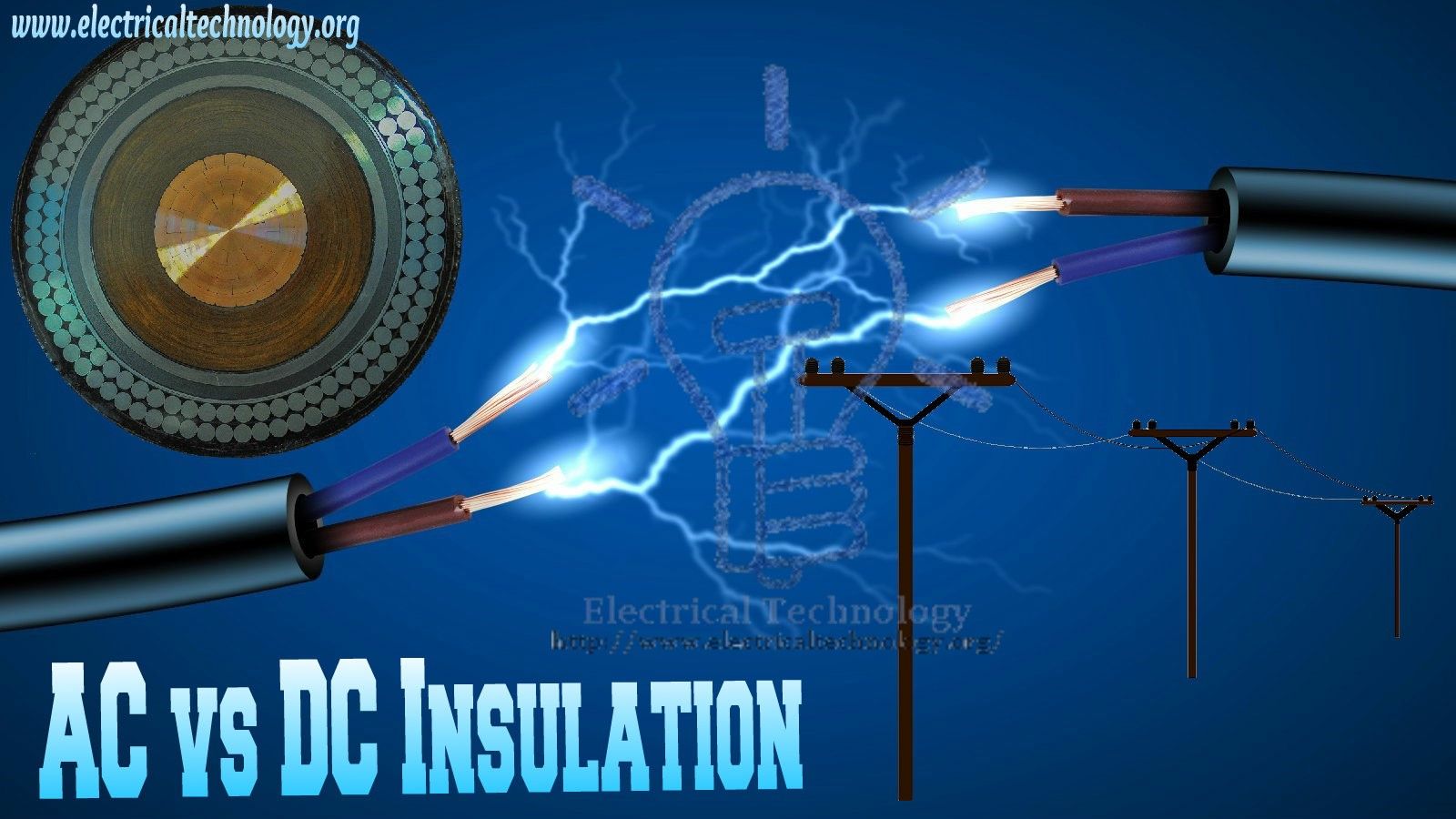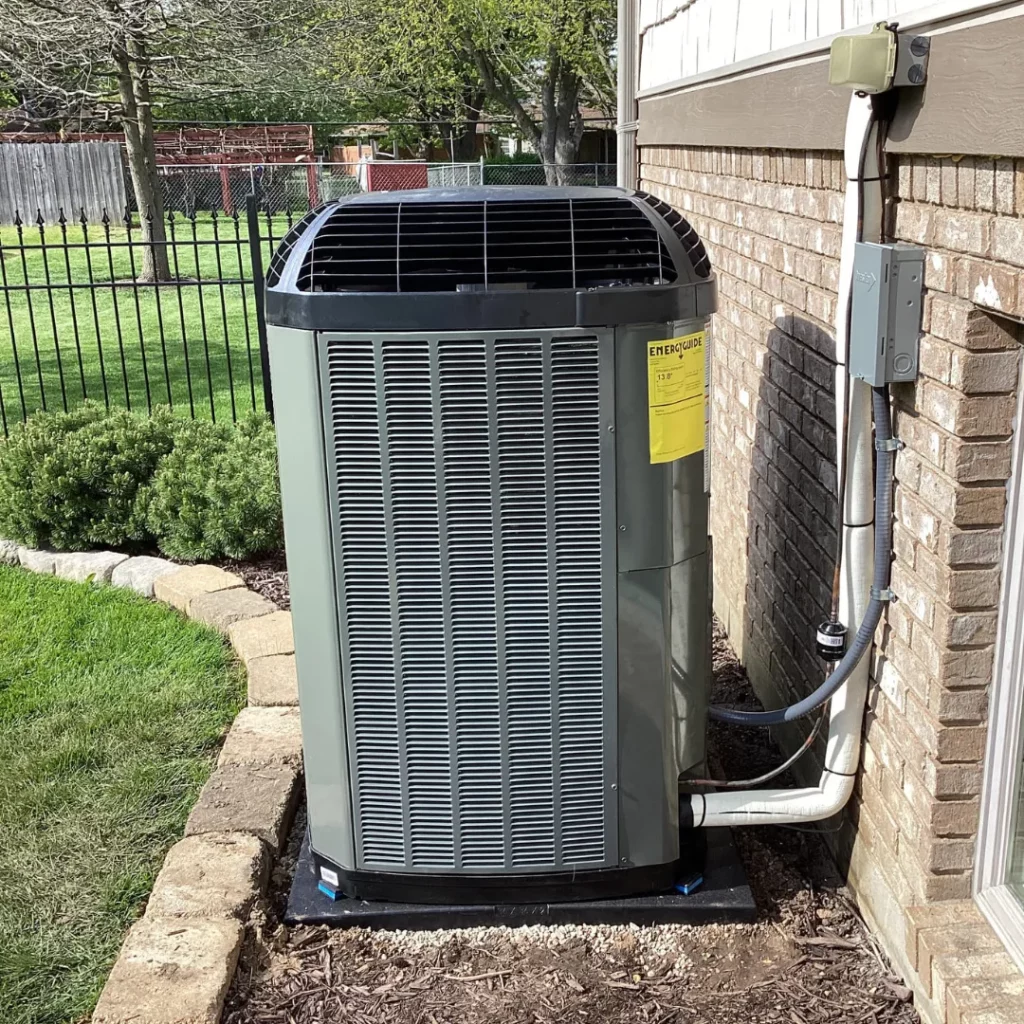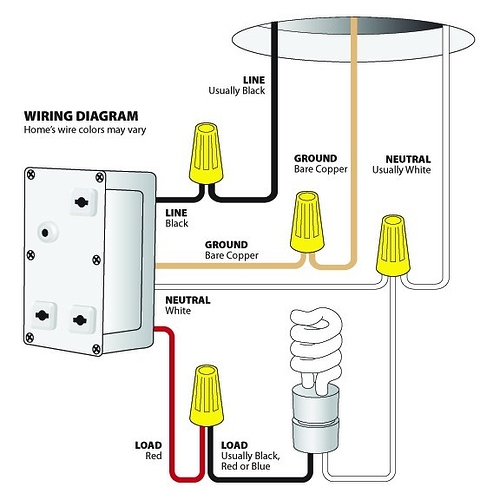Here Is A Quick Way To Solve A Info About Why Does AC Need A Neutral

What Is An Electrical Neutral Wire At Shantell Wilkinson Blog
Unlocking the Mystery
1. Understanding the Basics of AC Power
Ever wondered about the silent workhorse that keeps your home cool and comfortable during those sweltering summer days? I'm talking about your air conditioner, of course! But have you ever stopped to think about what goes on behind the scenes, electrically speaking, to make that happen? One of the key players in this electrical dance is the neutral wire. Now, I know what you might be thinking: "Neutral? Sounds boring!" But trust me, it's more exciting than it sounds — well, maybe not exciting exciting, but definitely important!
The neutral wire is a crucial component of the alternating current (AC) power system that powers most homes. Think of it as the return pathway for electricity. In a typical AC circuit, electricity flows from the power source (like the utility grid) through the "hot" wire, powers the appliance (in this case, your AC unit), and then returns through the neutral wire. This creates a complete circuit, allowing the electricity to do its job.
Without a neutral wire, the electrical circuit wouldn't be complete, and your AC unit simply wouldn't work. It's like trying to drive a car with only half an engine — you're just not going anywhere! The neutral provides a stable reference point, ensuring that the voltage remains consistent and preventing potential electrical hazards.
So, next time you're enjoying the cool air blasting from your AC, take a moment to appreciate the unsung hero of the electrical system: the neutral wire. It may not be flashy, but it's definitely essential for keeping you comfortable and cool.

Delving Deeper
2. Ensuring a Smooth and Stable Power Supply
Now, let's dive a little deeper into the specific function of the neutral wire. It's not just about completing the circuit; it also plays a vital role in maintaining voltage balance. In a balanced AC system, the voltage between each hot wire and the neutral wire should be approximately equal. This ensures that all appliances connected to the circuit receive the correct voltage and operate efficiently.
Think of it like a seesaw. If one side is much heavier than the other, it's going to be unbalanced and uncomfortable. Similarly, if the voltage is unbalanced in an electrical circuit, it can lead to problems like overheating, flickering lights, and even damage to appliances. The neutral wire helps to stabilize the voltage and prevent these issues.
The neutral wire essentially provides a common reference point for all the circuits in your home. It's grounded at the service panel, which means it's connected to the earth. This grounding helps to dissipate any excess voltage or current, protecting you from electrical shock and preventing damage to your electrical system.
So, the neutral wire is not just a passive return path; it's an active participant in maintaining a stable and safe electrical environment. It's like the referee in a sporting event, ensuring that everyone plays by the rules and preventing things from getting out of hand.

Understanding Imbalance
3. The Potential Consequences of a Missing Neutral Connection
Okay, let's consider a rather unpleasant scenario: what happens if the neutral wire is disconnected or broken? It's not pretty, I can tell you that. Without a proper neutral connection, the voltage in the circuit can become severely unbalanced. This can lead to some serious problems for your appliances, including your precious air conditioner.
Imagine your appliances are delicate flowers, and the voltage is the water they need to thrive. With a functioning neutral, they get the right amount of water (voltage). But without it, some flowers might get flooded with too much water (high voltage), while others wither away from drought (low voltage). This uneven distribution of voltage can cause overheating, premature failure, and even fire hazards.
In the case of your AC unit, an unbalanced voltage can damage the compressor, which is the heart of the cooling system. Replacing a compressor can be quite expensive, so it's definitely something you want to avoid. Furthermore, a missing neutral can also create a dangerous situation for anyone who comes into contact with the electrical system. It's like removing a crucial safety net from a high-wire act — you're significantly increasing the risk of a fall (electrical shock).
Therefore, it's absolutely crucial to ensure that your neutral wire is properly connected and functioning correctly. If you suspect that you might have a problem with your neutral connection, it's best to call a qualified electrician to investigate. Don't try to fix it yourself — electricity is not something to be trifled with! Think of it as calling a doctor when you're feeling unwell; it's always better to be safe than sorry.

Safety First
4. Why Grounding is Essential for Electrical Safety
We've touched on grounding a few times already, but let's emphasize just how important it is. Grounding, in simple terms, provides a safe path for electricity to flow in the event of a fault. It's like an emergency exit in a building, giving electricity a way to escape if something goes wrong.
The neutral wire is typically connected to the grounding system at the main service panel. This connection ensures that any stray voltage or current is safely directed to the earth, preventing it from causing harm to people or damaging equipment. Without proper grounding, a fault in the electrical system could energize the metal parts of your appliances, creating a shock hazard.
Imagine touching a metal appliance that has become energized due to a fault. If there's no grounding, the electricity will flow through you to the ground, resulting in a potentially lethal electric shock. But with a proper grounding system, the electricity will flow through the grounding wire instead, tripping the circuit breaker and cutting off the power before you get hurt.
So, the grounding connection, in conjunction with the neutral wire, forms a vital safety net for your electrical system. It's like wearing a seatbelt in a car — it might seem unnecessary most of the time, but it can save your life in the event of an accident. Always ensure that your electrical system is properly grounded and that all grounding connections are intact.

What Is A Nuetral Wire
Troubleshooting Tips
5. Recognizing the Warning Signs of a Faulty Neutral Connection
Alright, let's get practical. How can you tell if you might have a problem with your neutral connection? There are a few warning signs to watch out for. Keep in mind that messing with electrical systems can be dangerous, so if you have any doubts, always call a qualified electrician.
One common symptom of a faulty neutral is flickering lights. If your lights are constantly flickering or dimming, it could indicate a voltage imbalance caused by a bad neutral connection. Another sign is appliances that are malfunctioning or operating erratically. For example, your AC unit might turn on and off unexpectedly, or it might not cool as effectively as it should.
You might also notice a burning smell coming from your electrical outlets or appliances. This is a serious warning sign that could indicate overheating due to a loose connection or a voltage imbalance. If you smell burning, immediately turn off the power to the affected circuit and call an electrician.
Finally, if you experience mild electrical shocks when touching metal parts of your appliances, it's a clear indication of a grounding problem and a potential neutral issue. This is a very dangerous situation, and you should immediately stop using the appliance and call an electrician.

Caratteristiche E Differenza Tra Corrente Alternata (AC)
FAQ
6. Your Burning Questions Answered
Okay, I've anticipated some questions you might have, so let's dive into a quick FAQ session. Hopefully, this will clear up any remaining confusion and leave you feeling like a true electrical expert (well, almost!).
Q: Can I run my AC without a neutral wire?A: Absolutely not! As we've discussed, the neutral wire is essential for completing the circuit and maintaining voltage balance. Running your AC without a neutral can damage the unit and create a fire hazard.
Q: Is the neutral wire always white?A: In most residential wiring, the neutral wire is typically white or gray. However, it's always best to double-check with a qualified electrician to ensure proper identification.
Q: What's the difference between the neutral wire and the ground wire?A: While both are important for safety, they serve different purposes. The neutral wire carries the return current under normal operating conditions, while the ground wire provides a safe path for electricity to flow in the event of a fault. Think of the ground as backup and the neutral as the primary.